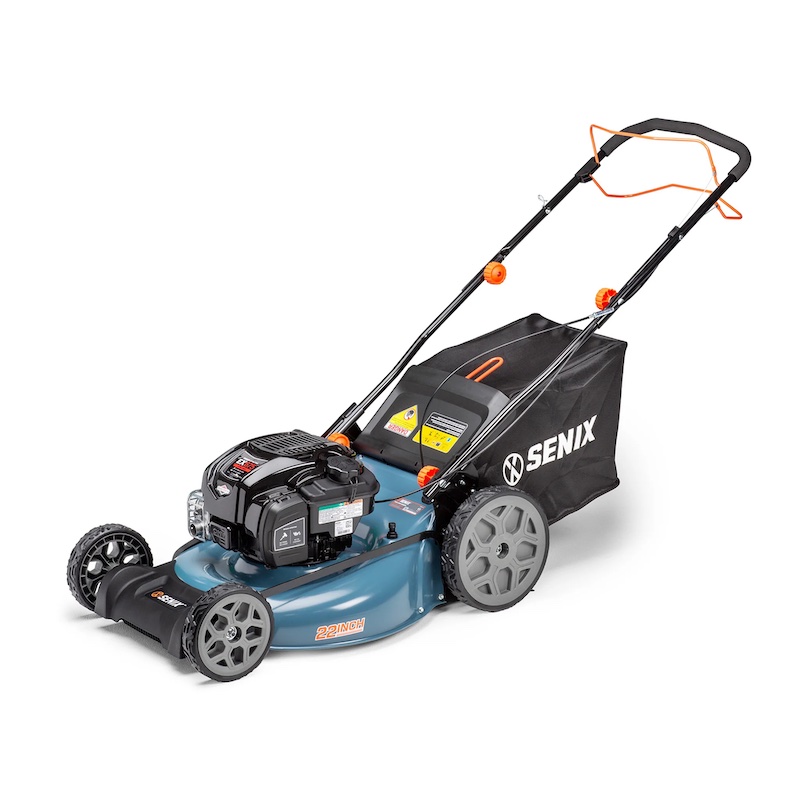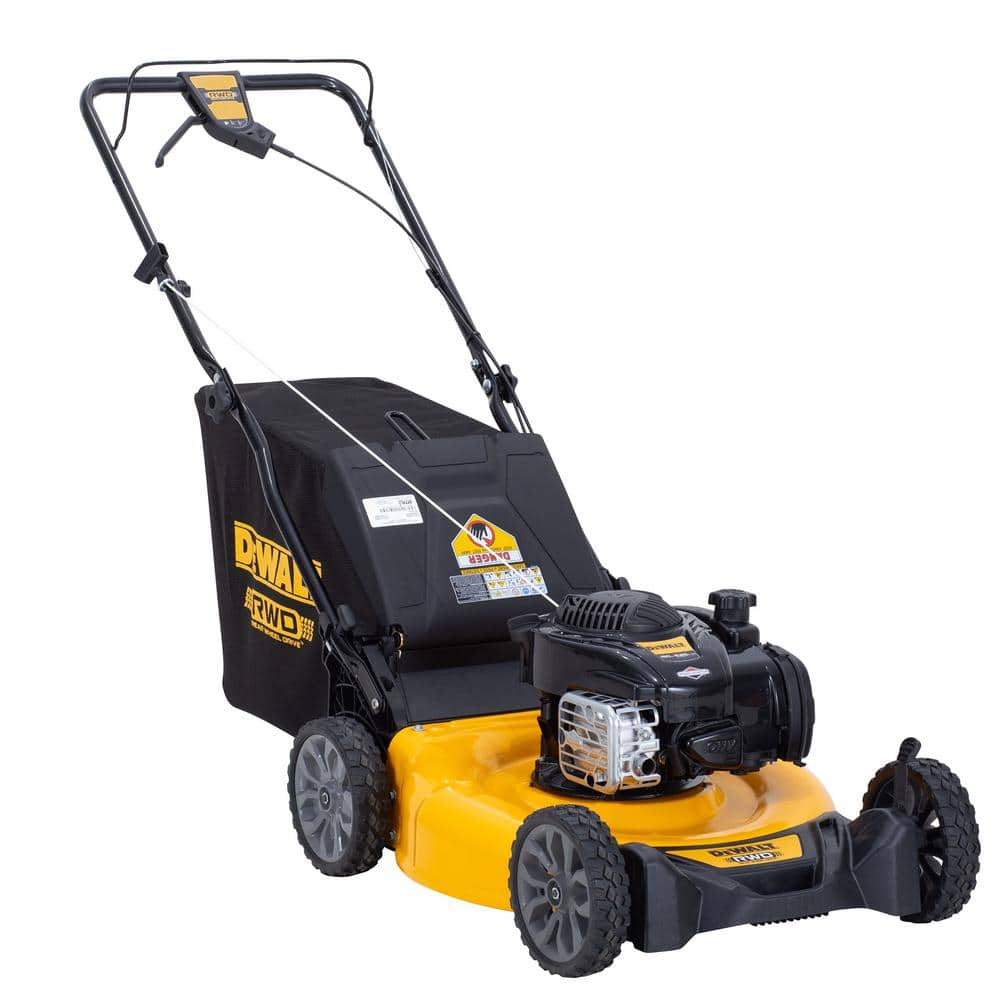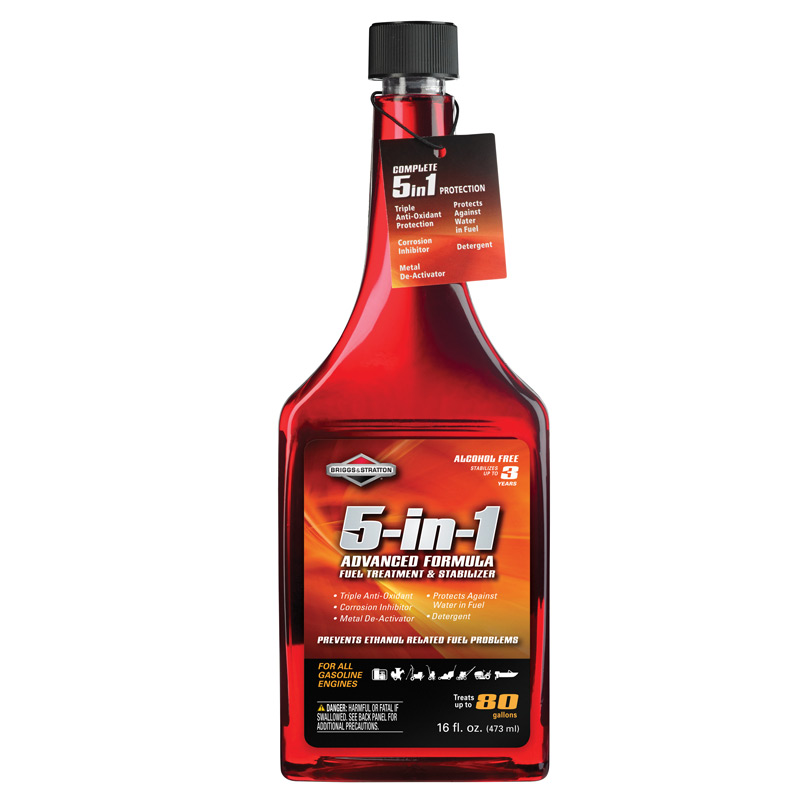The Importance of Selecting the Correct Fuel Type
What kind of gas for lawn mower? Selecting the right fuel for your lawn mower is critical. A suitable fuel type enhances mower performance and extends its lifespan. Wrong choices can lead to costly repairs or decreased efficiency.
Recommended Octane Ratings for Lawn Mowers
For most lawn mowers, gasoline with an octane rating of 87 or higher is recommended. This level ensures efficient burning without damaging the engine. It’s advisable to always check your mower’s manual for specific recommendations.
The Effects of Using Low-Quality Gasoline
Using low-quality gasoline can seriously harm your lawn mower. Gasoline with an octane rating below 87 could lead to engine knocking and reduced efficiency. Furthermore, poor quality gas might void your mower’s warranty, leading to out-of-pocket expenses for repairs.
Understanding Ethanol Content in Gasoline
Ethanol content plays a crucial role in gasoline used for lawn mowers. Modern fuels often incorporate ethanol, a form of alcohol produced by fermenting and distilling starch crops like corn. While ethanol can help reduce emissions, its levels must be carefully managed in fuel for lawn mowers.
Risks of Higher Ethanol Levels in Lawn Mowers
High ethanol levels in gasoline can be detrimental to lawn mowers. Gasoline with more than 10% ethanol can cause several issues:
- Increased Wear and Tear: Ethanol can corrode metal parts and degrade rubber and plastic components in the mower.
- Moisture Accumulation: Ethanol tends to attract and absorb water from the air. This moisture can enter the fuel system, leading to rust and clogging.
- Engine Performance: High ethanol levels can make the engine run hotter, potentially overheating the mower and reducing its lifespan.
Using gasoline with high ethanol content in lawn mowers might also void the warranty, as it is considered improper use.
The Safe Ethanol Level and Octane Combination for Lawn Mowers
To ensure the safety and efficiency of your lawn mower, it is key to choose the correct ethanol and octane levels.
- Ethanol: The safest ethanol level for most lawn mowers is 10% or less (E10). Higher levels like E15 are not recommended and may harm the engine.
- Octane: An octane rating of 87 or higher is best for lawn mowers. This rating supports efficient fuel burning and minimizes the risk of engine damage.
Always consult your lawn mower’s manual to verify the recommended fuel specifications. Choosing the right combination will enhance performance and extend your mower’s life.
Seasonal Considerations for Lawn Mower Fuel
Proper fuel management aligns with seasonal use of your lawn mower. Recognizing seasonal fuel needs prevents common mishaps and prolongs your mower’s functionality.
Risks of Letting Gas Sit in the Mower
Leaving fuel in your mower over winter can cause significant issues. Hydrocarbons in the gasoline evaporate, leaving a harmful residue inside the engine. This residue can develop into varnish, which clogs the carburetor and fuel lines. Such blockages hinder the mower’s engine from operating effectively. Problems may appear when you start the mower after storage – difficulty starting or performing inadequately are common signs.
Precautions for Storing Gas in Lawn Mowers During Off-Season
To avoid the complications of stale gas, empty the mower’s tank at the end of mowing season or use a fuel stabilizer. Adding a stabilizer to the fuel can prevent the formation of varnish and keep the fuel fresh for about six months. Always store your mower in a cool, dry place to protect it from extreme temperatures and moisture. By adhering to these guidelines, you ensure a smoother start-up in spring and safeguard the mower’s longevity.
Practical Tips for Fuel Usage in Lawn Mowers
Proper fuel management in lawn mowers ensures optimal performance and longevity. Keeping track of the fuel you use and understanding how it affects your mower is essential. These practical tips will help you maintain the efficiency of your lawn mower.
Checking Compatibility with Manufacturer Recommendations
Always consult your lawn mower’s manual before choosing gas. It will list the best type of fuel and octane rating for your specific model. Using the recommended fuel type prevents potential damage and maintains the machine’s efficiency.
Regular Fuel Checks and Maintenance Tips
Regularly check the fuel quality in your lawn mower. Replace old or contaminated gas with fresh fuel to improve performance. Regular maintenance, like cleaning the fuel tank and replacing filters, also helps. This keeps your lawn mower running smoothly, avoiding unnecessary wear or damage.
Long-Term Impacts of Using Wrong Gas on Mowers
Choosing the wrong type of gas can seriously affect a lawn mower’s lifespan and performance. Using gas with incorrect octane levels or too much ethanol can have severe consequences.
Potential Damage to Engine Components
Using gas with low octane ratings or high ethanol content can lead to:
- Corrosion in the fuel system from ethanol which attracts moisture.
- Deposits on engine parts, resulting from the use of lower quality fuel.
- Wear in the carburetor, fuel lines, and engine from impure gas.
These issues may not appear immediately but can gradually develop, leading to costly engine repairs or the need for a new mower.
Implications for Mower Performance and Durability
The wrong gas affects a mower’s performance and durability in several ways:
- Engine Knocking and Misfires: Wrong octane may result in combustion problems.
- Loss of Power: This occurs when the engine cannot burn fuel efficiently due to impurities.
- Shortened Lifespan: Continuous use of unsuitable fuel can significantly reduce a lawn mower’s operational life.
To prevent these problems, always use the right type of gas as recommended by your lawn mower’s manufacturer. Regular maintenance and fuel checks can also ensure better mower performance and longevity.
Legal and Warranty Considerations
Navigating legal and warranty issues is key when choosing gas for your lawn mower.
Warranty Concerns with Wrong Fuel Usage
Using the wrong kind of gas can lead to big problems. It risks voiding your mower’s warranty. This means repairs or damage from the wrong gas come out of your pocket. Always follow your mower’s manual. It guides what kind of gas maintains the warranty. Pay close attention to approved fuel types and octane ratings.
Regulations on Gasoline Types by the U.S. Department of Energy
The U.S. Department of Energy sets rules on gas types. They do not approve fuels like E15 for small engines or old cars. These rules protect engines and ensure safe usage. For lawn mowers, use gasoline as per their regulations. This keeps your machine safe and compliant with legal standards. It is best to use E10 gasoline, which meets these guidelines and is safe for your mower.
Some Key Points for Your Lawn Mower
Type of Fuel: Most gasoline-powered lawn mowers require regular unleaded gasoline (87 octane). Always check your mower’s manual for specific recommendations.
- Freshness: Gasoline can go bad over time, especially if it contains ethanol. Old gas can cause engine problems. Try to use fresh fuel and avoid letting gas sit in the mower for more than a few months.
- Ethanol Content: Many gas stations sell fuel with up to 10% ethanol (E10), which is generally safe for most modern mowers. However, higher ethanol blends like E15 or E85 can damage small engines, so avoid these.
- Stabilizers: If you plan to store fuel for an extended period, consider adding a fuel stabilizer. This helps prevent the gasoline from breaking down and causing issues when you’re ready to use the mower again.
- Proper Storage: Store gasoline in an approved, well-ventilated container away from heat sources and out of reach of children and pets.
- Mixing Oil (for Two-Stroke Engines): If your mower has a two-stroke engine, you’ll need to mix oil with the gasoline. Follow the manufacturer’s instructions for the correct oil-to-gas ratio, typically around 50:1 or 40:1.
- Check the Tank: Before refueling, make sure the mower is turned off and the engine has cooled down. Avoid overfilling the tank, as this can lead to spills or fuel entering the air filter.
- Draining Fuel (Seasonal Maintenance): At the end of the mowing season, it’s a good idea to either run the mower until it’s out of fuel or drain the gas tank to prevent buildup and clogs.
By following these guidelines, you can help ensure your lawn mower runs smoothly and efficiently.



